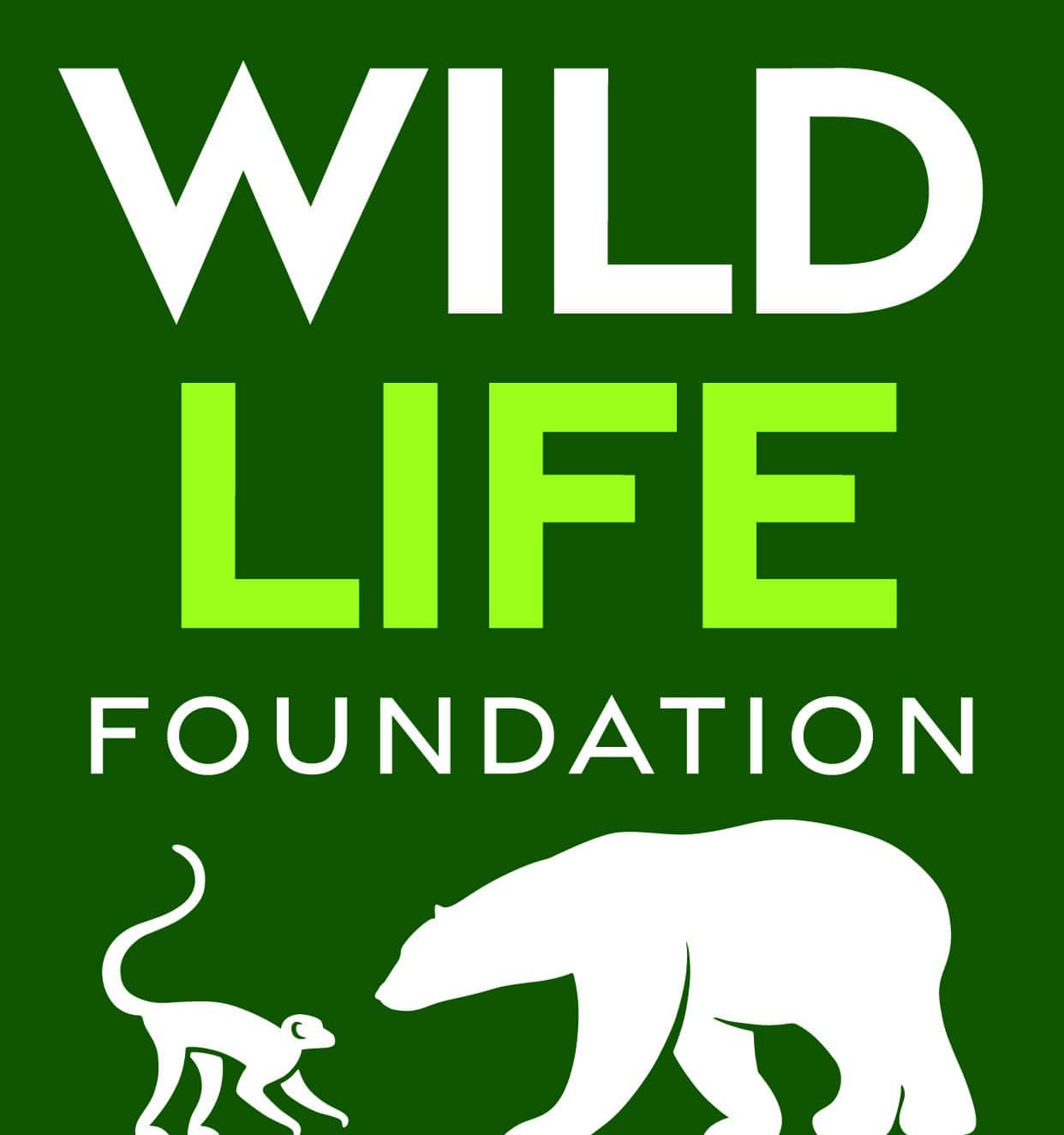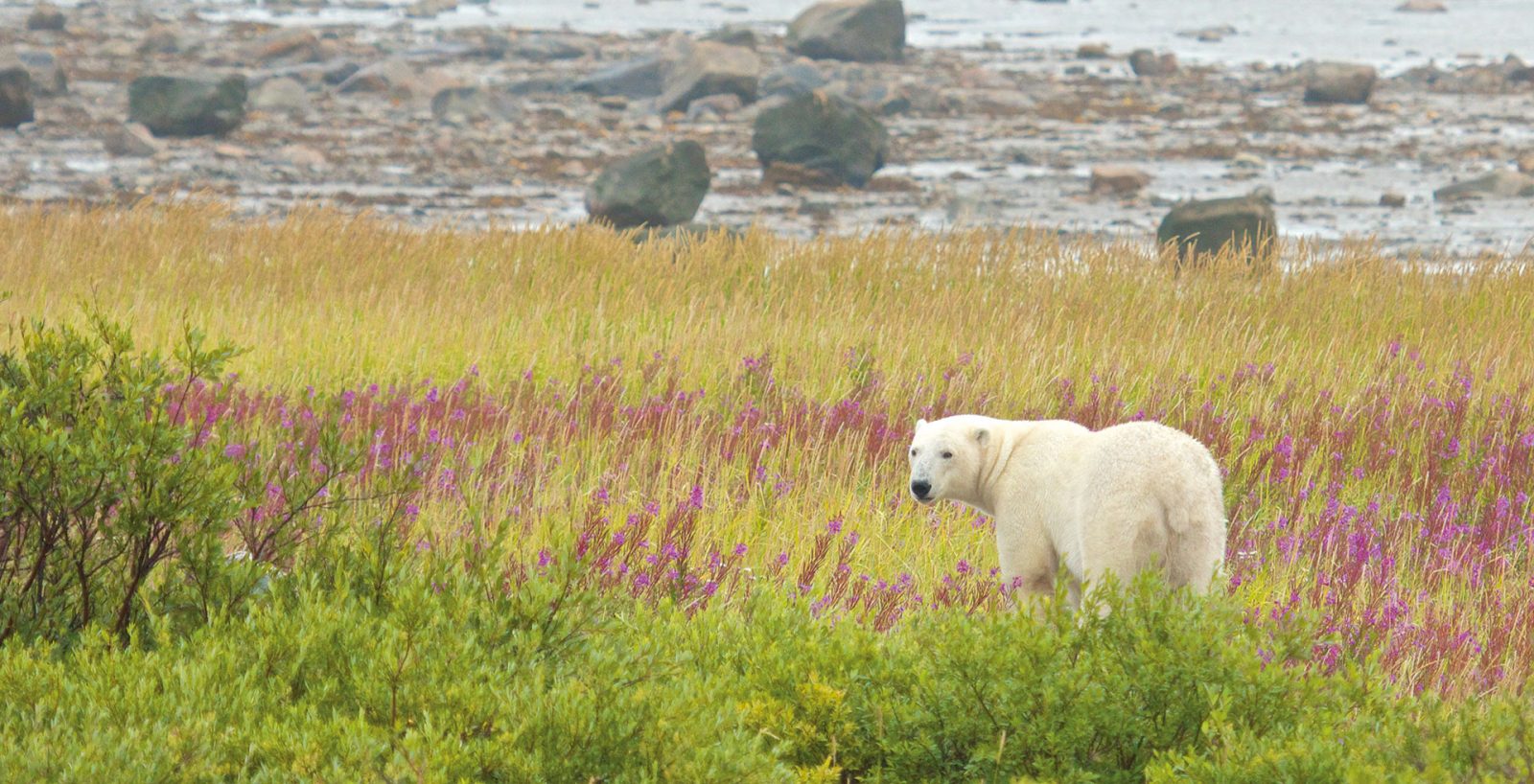A vital campaign to save endangered giant otters has been launched by Yorkshire Wildlife Park Foundation.
The project will collect information and data about the animals in their native Brazilian tropical rainforests where they are threatened by habitat loss, over-fishing and poachers.
The Foundation, which is a leading force in global animal conservation, announced a near £10,000 grant for the scheme on November 19.
Five-year-old Giant Otter sisters Alexandra and Mora arrived at the park in September 2015.
The otters’ diet usually consists of trout, roach, tilapia and occasionally salmon.
Debbie Porter, Animal Manager at YWP, said: “The otters were a great addition to YWP, Alexandra absolutely loves her food and is always the first one over to the rangers at feeding time.
“Mora tends to be a little more laid back but she is extremely inquisitive.”
Giant otters, which can grow to six feet long and consume up to 4.5 kilos of fish a day, were virtually wiped out by hunters trading in their luxuriant pelts with numbers believed to have fallen as low as 300 in the 1970s before an international ban.
The species has recovered to around 5,000 but is still listed as Endangered on the IUCN Red List and the monitoring project will provide crucial information to help preserve numbers, educate local communities about their value to the ecosystem and raise awareness about their plight.
“As YWP is home to two otters, Alexandra and Mora, we are especially delighted to award this grant,” said Cheryl Williams, Trustee of the WildLife Foundation. “We are really impressed by local efforts and this work will mean so much to the future of giant otters.”
The park’s Giant Otter Reserve was opened by Olympic gold swimming medallist Rebecca Adlington on March 2016 and Alex and Mora are favourites with visitors.
One of the few strongholds of giant otters now lies in the Cantao state park wetlands that nestle between the Amazon rainforest and the Cerrado savanna in Brazil’s interior.
The park reaches across 222,440 acres – more than 200 times the size of YWP – and is full of lakes, rivers, streams and flooded forests that are home to 300 species of fish and turtles, river dolphins and alligators while its trees feature more than 700 species of birds.
The ban on pelt trading has vastly reduced pressure from poachers but they are still at risk from water being diverted away for crop production and from local fisherman, who fear they will eat stocks of smaller fish, killing them or scaring them off.
The conservation programme, run by the Instituto Araguaia charity, will involve field trips and setting up camera traps to record the habits of giant otters. It will provide the first robust assessment of giant otter populations and their conservation status.
Researchers will hire local people to help on the long-term project and continue the monitoring and awareness work and to educate local fishermen that giant otters are not competition to their livelihoods.
“The grant means so much to us and we are so grateful to the Foundation and all the people who visit the park and support its work,” said Dr Silvana Campello, president of the Instituto Araguaia.
“Support from the WildLife Foundation will enable us to transform an incipient threat to the giant otters of Cantão into an opportunity to strengthen protection and public support for the species in one of its best remaining sanctuaries.”











